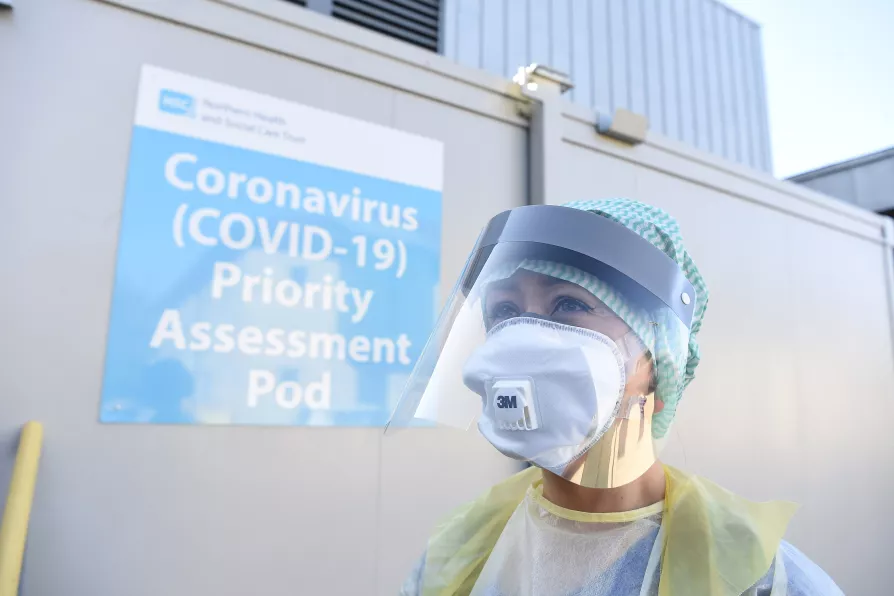The PM says Mandelson 'betrayed our values' – but ministers and advisers flock to line their pockets with corporate cash, says SOLOMON HUGHES

 An Emergency Department Nurse
An Emergency Department Nurse
WHAT makes you safe? What makes you secure? There are many likely answers during the coronavirus crisis: the NHS, regular hand-washing, the support of family and friends.
Many would feel safer if the NHS were better funded, if social care were more readily available, if mental health services were not woefully inadequate.
But who would say that safety can be found in bombs and guns and a nuclear-armed military alliance?

In the second part of a two-part article, CONOR BOLLINS asks why the government’s ambition when it comes to the military is not applied to sectors where it could do real good

While working people face austerity, arms companies enjoy massive government contracts, writes ARTHUR WEST, exposing how politicians exaggerate the Russian threat to justify spending on a sector that has the lowest employment multiplier

Speaking to a CND meeting in Cambridge this week, SIMON BRIGNELL traced how the alliance’s anti-communist machinery broke unions, diverted vital funds from public services, and turned workers into cannon fodder for profit











